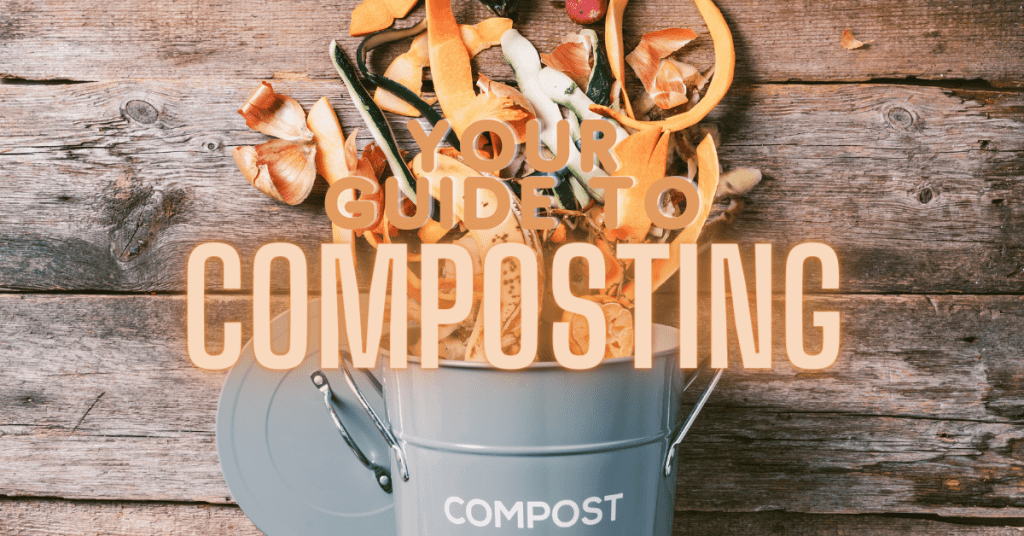You’re planning your meals, eating your veggies, and buying fruit for the family… but what to do with all the stems, peels, pits, and shells?
Planet Protectors is brought to you in partnership with the Stark Tuscarawas Wayne Recycling District
I’ll be honest, the idea of composting sounded very complicated and- dare I say it- icky to me at first. But I’m happy to report that as I learned more and got into the habit, composting became simple and second nature. If you’ve tossed around the idea of having an even cleaner, environmentally-friendly home, read on!
Composting turns waste into usable material. By combining browns (carbon) and greens (nitrogen), you make compost. When the compost is mature and stabilized, you can add it to a garden, use it as mulch, or distribute it on your lawn.
Browns are dry materials such as twigs, dry leaves, and shredded paper. These create the carbon for composting and should be kept at a 2 (or more parts) to 1 greens material ratio.
Greens are wet materials like food scraps, grass clippings, and other fresh organic materials. Greens create the nitrogen for composition.
Composting for Beginners
Looking to get your family involved in composting? Start with these beginner tips.
- Do not put ALL food scraps in your compost. Avoid adding meat and fish, bones, dairy, oils, butter, and any items that have been cooked with those substances.
- You can compost things like tea bags, coffee grounds, human hair, and eggshells!
- Save your scraps in an air-tight bag or bin and add to your composting pile, laying browns and greens in a two (or four) to one ratio.
- Now you wait and aerate. The mixture should be wet, but not soggy. Your compost will likely mature in 2 to 6 months, depending on the temperature.
Compost Trouble Shooting
If you run into issues with your compost, try these solutions:
- Too dry? Not enough water. Moisten and turn the pile.
- Bad odor? Not enough air. Turn the pile and add brown material if it’s too wet.
- Warm only in the middle? Your compost is likely too small. Add materials.
- Damp and sweet-smelling but won’t heat up? You need more nitrogen (green materials)!
Compost Maturity
When your compost pile is mature and stabilized, it will smell like rich earth– or a forest on a rainy day. Sour odors mean it’s not ready. The material will be crumbly and smooth without discernable pieces of scraps. It will be about a third of the size of your original pile and dark in color. The temperature will be within 10 degrees of the outside air. Now you’re ready to spread that valuable fertilizer on your gardens, lawn, and flower beds!
Sources:
- National Resources Defense Council (NDRC). “Composting 101.” [Online] Available at: https://www.nrdc.org/stories/composting-101#whatis
- University of Georgia. “Composting for Kids.” [Online] Available at: https://extension.uga.edu/content/dam/extension-county-offices/jeff-davis-county/4h/Composting%20with%20Kids.pdf
- National Public Radio (NPR). “Your 5-step guide to start composting and help fight climate change: Life Kit: NPR.” [Online] Available at: https://www.npr.org/2020/04/07/828918397/how-to-compost-at-home
The Recycling District assures safe and sanitary disposal of solid waste for the residents of Stark, Tuscarawas, and Wayne Counties. Their goal is to reduce reusable or renewable wastes from entering landfills within the district. The Solid Waste District accomplish this through the development of residential and industrial programs that educate, promote, provide, implement, and improve recycling opportunities that will preserve landfill space now and into the future. Visit www.timetorecycle.org for more information.
Audrey Mattevi, Reporting



